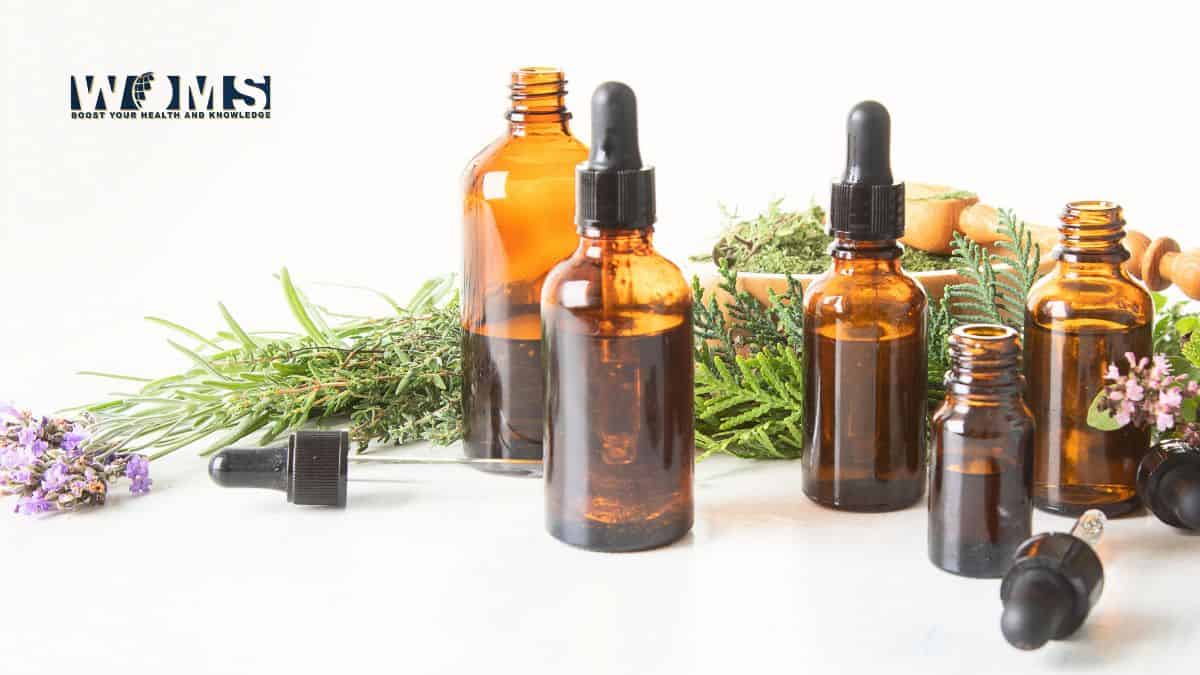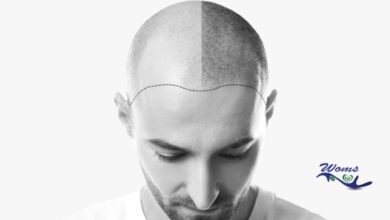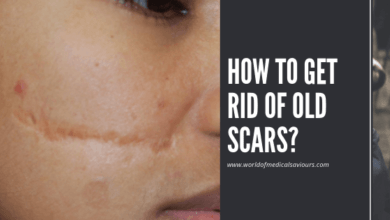Top Essential Oils for Depression: Possible Remedies and How They Work

Depression is a common mental health condition that can greatly impact an individual’s daily life. While there are various treatments available, many people are turning to natural remedies such as essential oils to help manage their symptoms.
In this blog post, we will explore some of the top essential oils for depression and how they may work to alleviate feelings of sadness, hopelessness, and low mood. We will also discuss the potential risks and benefits of using essential oils as a complementary treatment for depression.
Top 10 Essential Oils for Depression
- Garlic oil: Garlic is a commonly used culinary herb that is known for its strong, pungent flavor and numerous health benefits. Garlic essential oil is a traditional medicine to treat a variety of ailments, including high blood pressure, cholesterol, and infections. While garlic is most commonly consumed in its whole form or as a supplement, it is also possible to extract oil from garlic.
- Lavender oil: This oil is often used for its calming and relaxing effects, making it a popular choice for reducing anxiety and promoting sleep. Some studies have also suggested that lavender oil may have antidepressant effects.
- Bergamot oil: This oil is derived from the peel of the bergamot orange and is known for its uplifting and mood-boosting properties. It may also help reduce feelings of stress and tension.
- Lemon oil: Lemon oil is known for its refreshing and invigorating scent, which may help improve mood and energy levels. It may also help reduce anxiety and promote relaxation.
- Peppermint oil: Peppermint oil is often used for its refreshing and invigorating scent, but it may also have antidepressant effects. It may also help improve focus and concentration.
- Ylang-ylang oil: This oil is derived from the flowers of the ylang-ylang tree and is known for its relaxing and mood-lifting properties. It may also help reduce anxiety and stress.
- Frankincense oil: This oil is known for its calming and grounding effects, which may help reduce anxiety and improve mood. It may also help improve sleep quality.
- Rose oil: Rose oil is known for its soothing and uplifting properties, which may help improve mood and reduce feelings of sadness. It may also help reduce anxiety and stress.
- Chamomile oil: Chamomile oil is known for its calming and relaxing effects, which may help improve sleep quality and reduce anxiety. It may also have mild antidepressant effects.
- Jasmine oil: Jasmine oil is known for its uplifting and mood-boosting properties, which may help improve mood and reduce feelings of sadness. It may also help reduce anxiety and stress.
How To Use
There are a few different ways to use essential oils, including:
- Aromatherapy: Essential oils can be inhaled directly from the bottle or from a diffuser, which disperses the oil into the air. Inhaling essential oils can be an effective way to experience their aromatic benefits and can help to improve mood and reduce stress.
- Topical application: Essential oils can also be applied topically to the skin, but it is important to dilute them first to avoid irritation. They can be mixed with a carrier oil, such as coconut oil or almond oil, and then applied to the skin or added to a lotion or cream.
- Internal use: Some essential oils can be taken internally, but it is important to exercise caution and consult with a healthcare professional before doing so. Internal use of essential oils is not recommended for everyone and can be dangerous if not done properly.
It is important to follow the recommended guidelines for using essential oils, as they can be potent and may cause side effects if not used correctly. It is also important to keep in mind that essential oils should not be used as a replacement for proven depression treatments, such as medication and therapy. It is always best to consult with a healthcare professional before using essential oils as a complementary treatment for depression.
Safety Precautions
There are a few safety precautions to consider when using essential oils:
- Dilute essential oils before applying them to the skin: Essential oils should always be diluted with a carrier oil, such as coconut oil or almond oil, before applying them topically to the skin. This will help to prevent irritation and allergic reactions.
- Keep essential oils out of reach of children and pets: Essential oils can be harmful if ingested by children or pets, so it is important to keep them out of reach.
- Avoid using essential oils near the eyes and mucous membranes: Essential oils should be avoided around the eyes and mucous membranes, as they can cause irritation.
- Avoid using essential oils if you are pregnant or breastfeeding: Some essential oils may not be safe to use during pregnancy or while breastfeeding. It is important to consult with a healthcare professional before using any essential oils if you are pregnant or breastfeeding.
- Do not use essential oils in place of proven medical treatments: Essential oils should not be used as a replacement for proven medical treatments, such as medication and therapy. It is always best to consult with a healthcare professional before using essential oils as a complementary treatment for depression.
DIY Blends For Depression
Here are a few DIY essential oil blends that may be helpful for reducing symptoms of depression:
- Uplifting blend: Combine 5 drops of lemon oil, 5 drops of bergamot oil, and 5 drops of peppermint oil. Add the blend to a diffuser or mix with a carrier oil and apply topically to the chest or wrists.
- Relaxing blend: Combine 5 drops of lavender oil, 5 drops of frankincense oil, and 5 drops of chamomile oil. Add the blend to a diffuser or mix with a carrier oil and apply topically to the chest or wrists.
- Energizing blend: Combine 5 drops of lemon oil, 5 drops of peppermint oil, and 5 drops of rosemary oil. Add the blend to a diffuser or mix with a carrier oil and apply topically to the chest or wrists.
It is important to note that essential oils should not be used as a replacement for proven depression treatments, such as medication and therapy. It is always best to consult with a healthcare professional before using essential oils as a complementary treatment for depression.
Conclusion
In conclusion, essential oils may be a helpful complementary treatment for reducing symptoms of depression. However, it is important to exercise caution and consult with a healthcare professional before using essential oils, as they can be potent and may cause side effects if not used correctly.
Essential oils should not be used as a replacement for proven depression treatments, such as medication and therapy. If you are considering using essential oils as a complementary treatment for depression, it is important to choose high-quality oils and follow the recommended guidelines for use.
By taking these precautions, essential oils may be a natural and effective way to improve mood and reduce feelings of sadness, hopelessness, and low mood.




